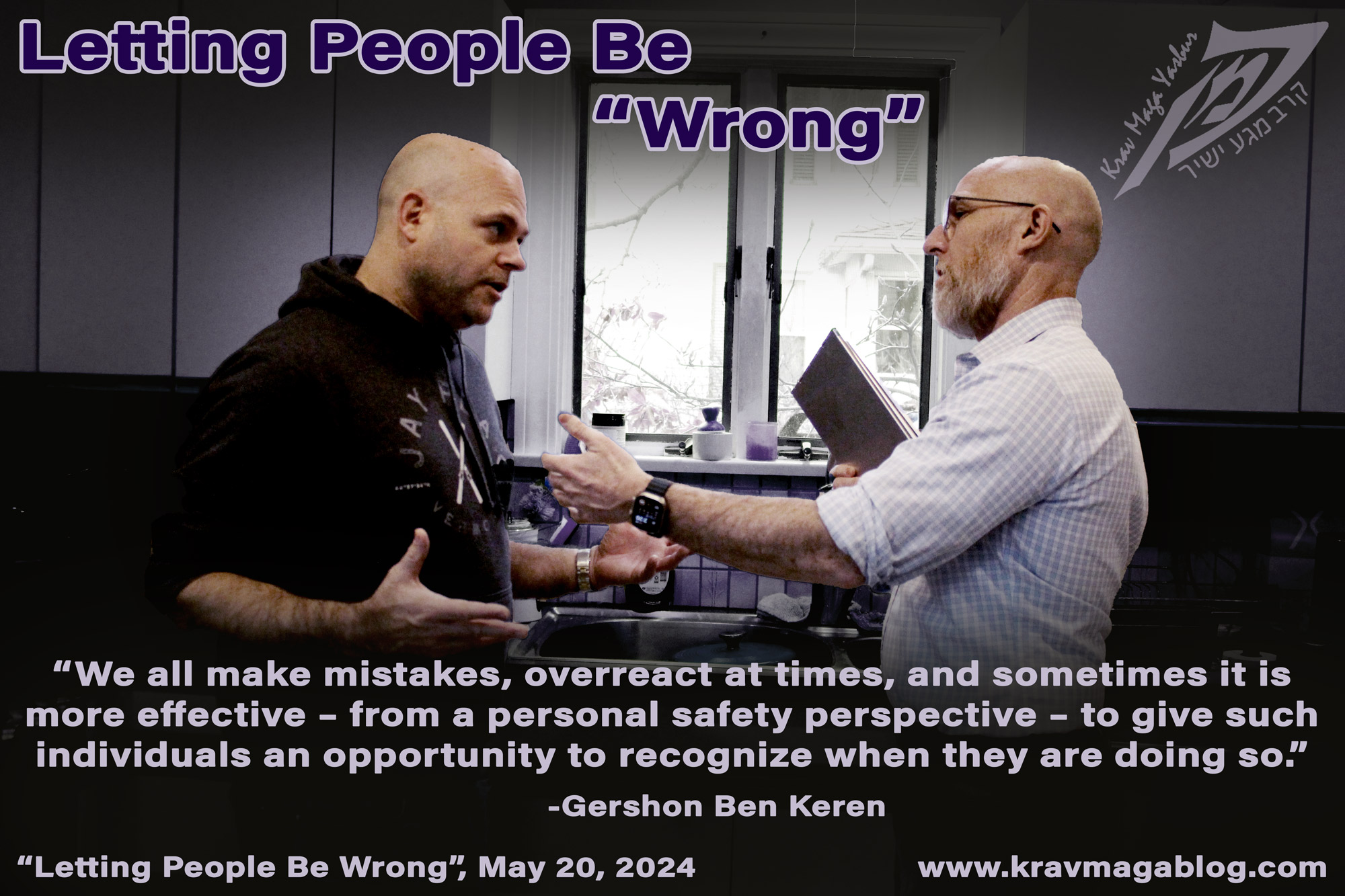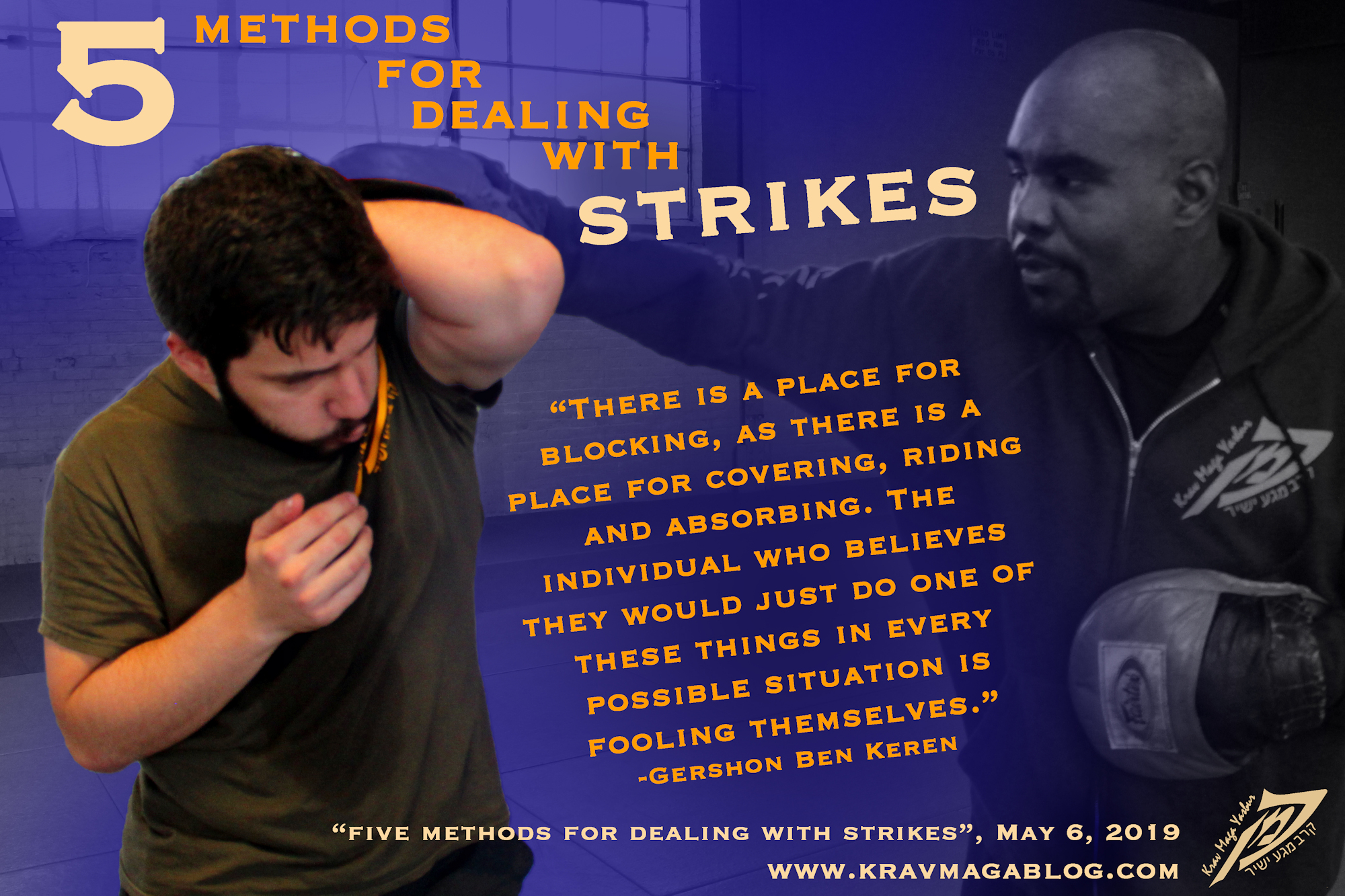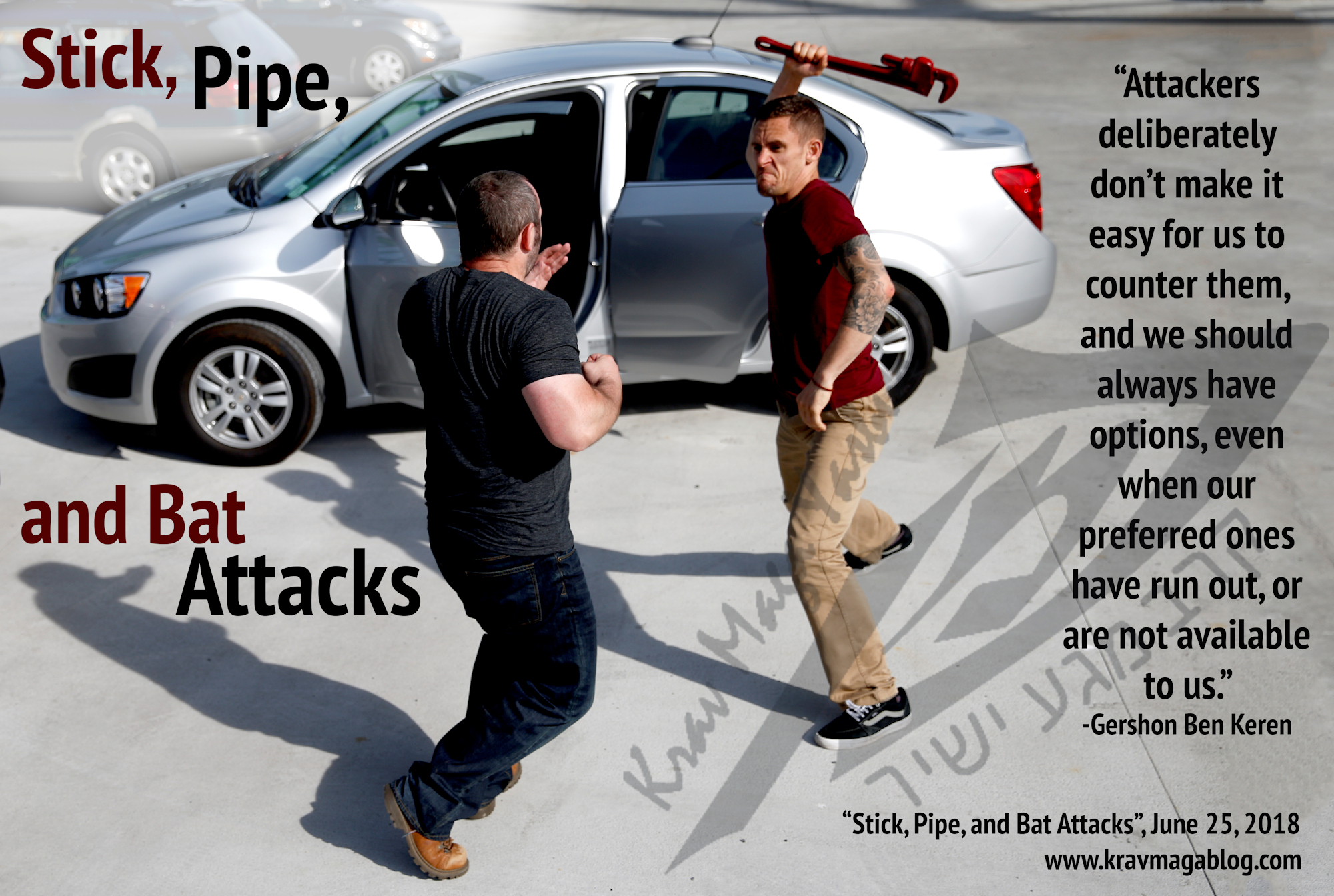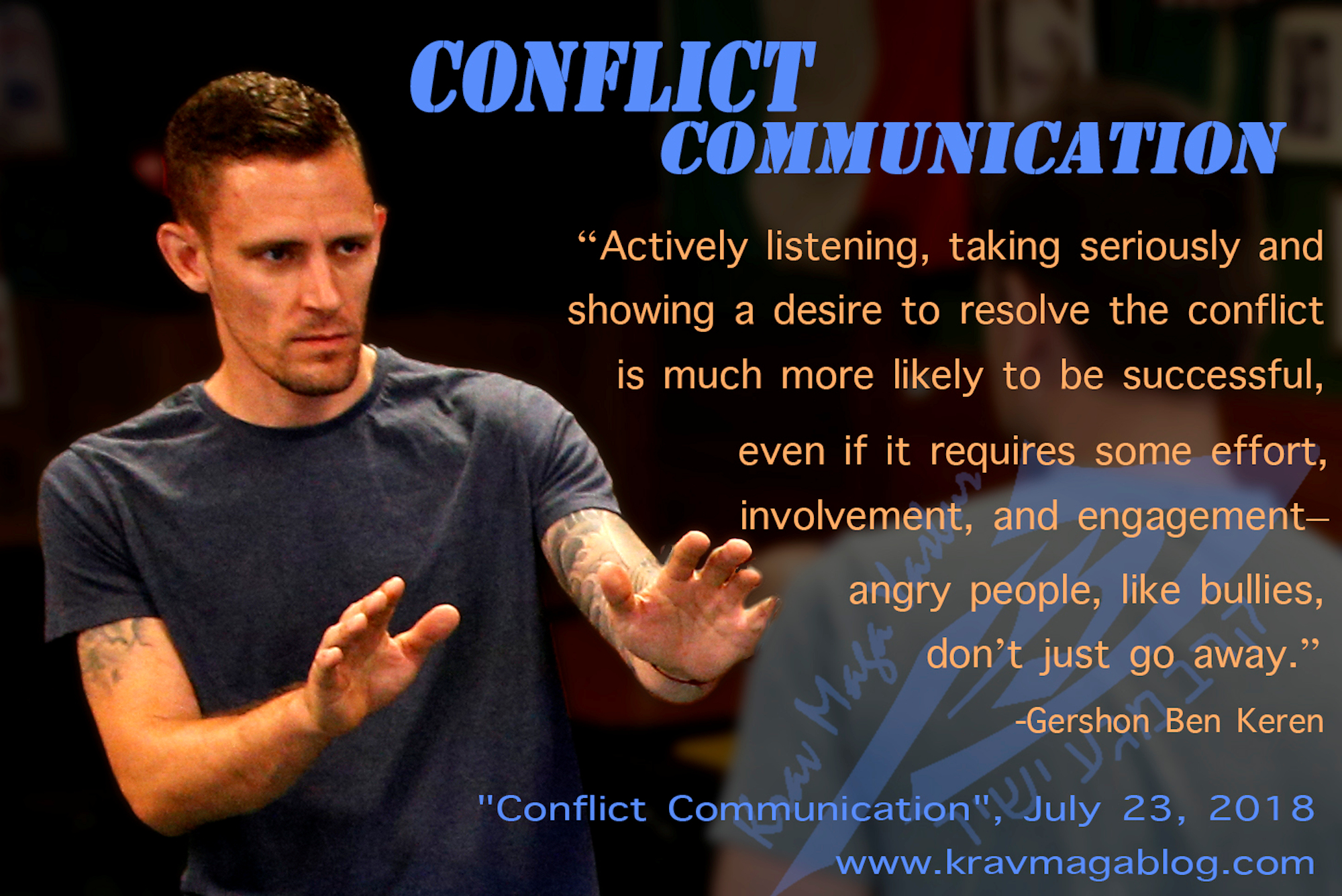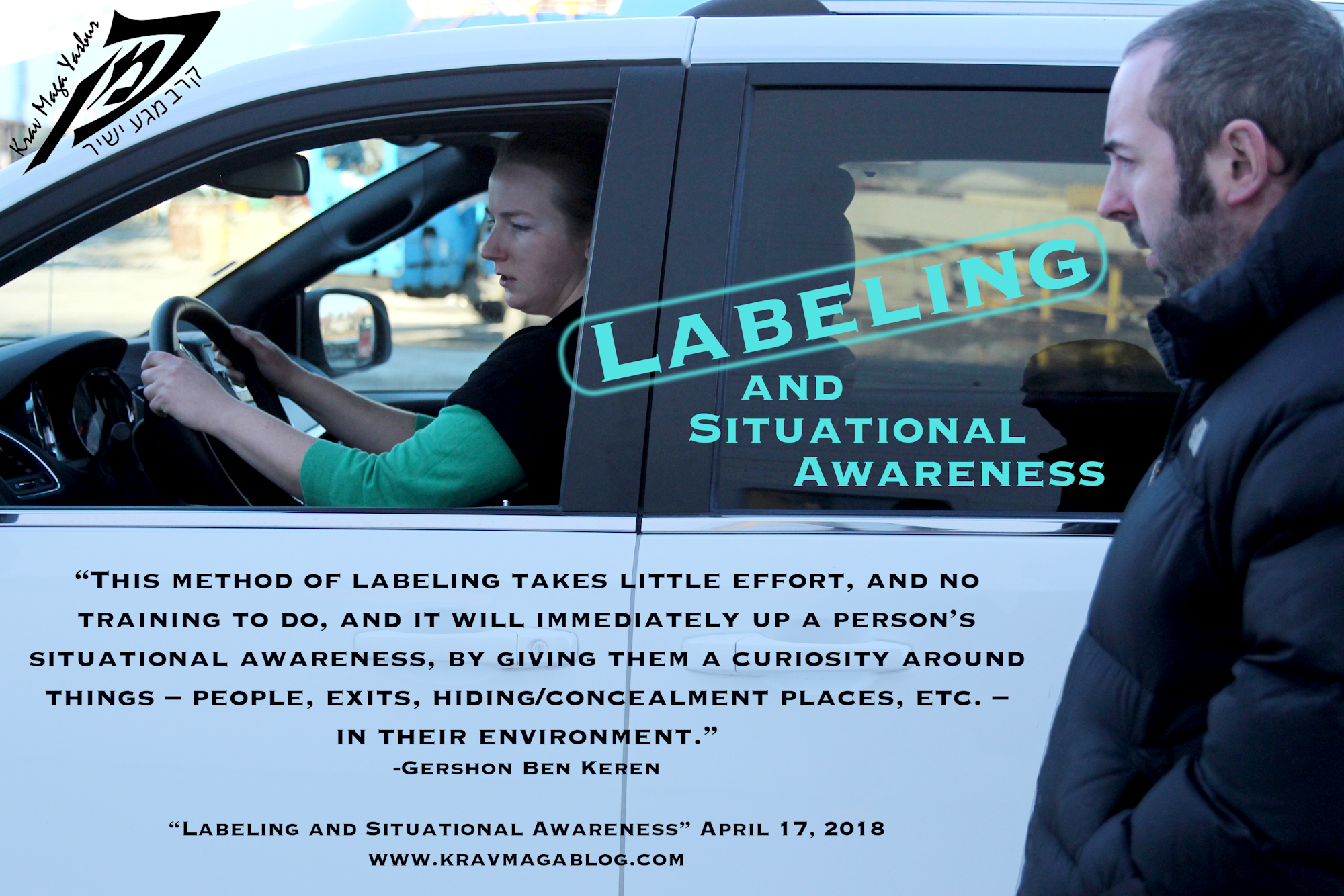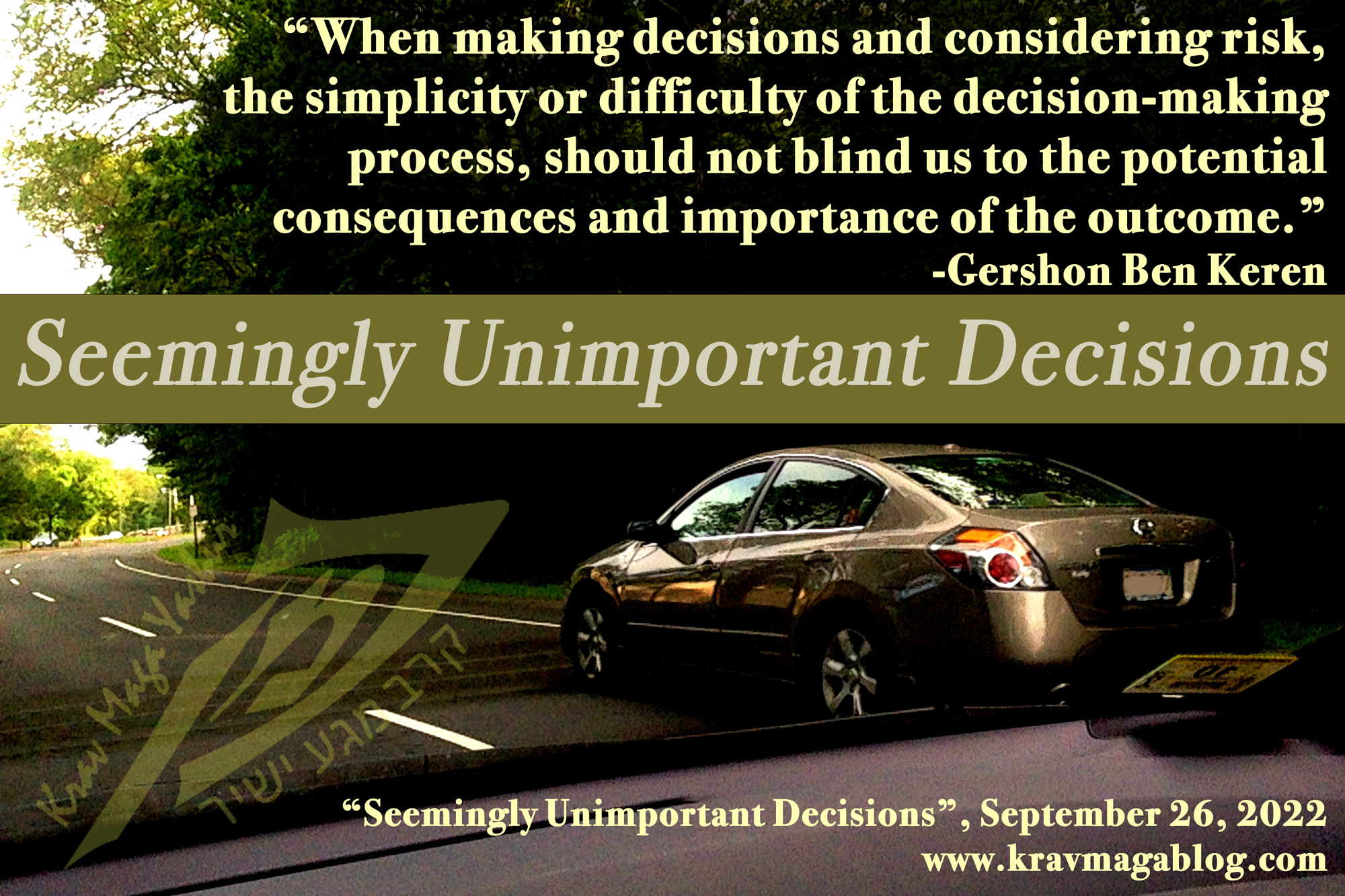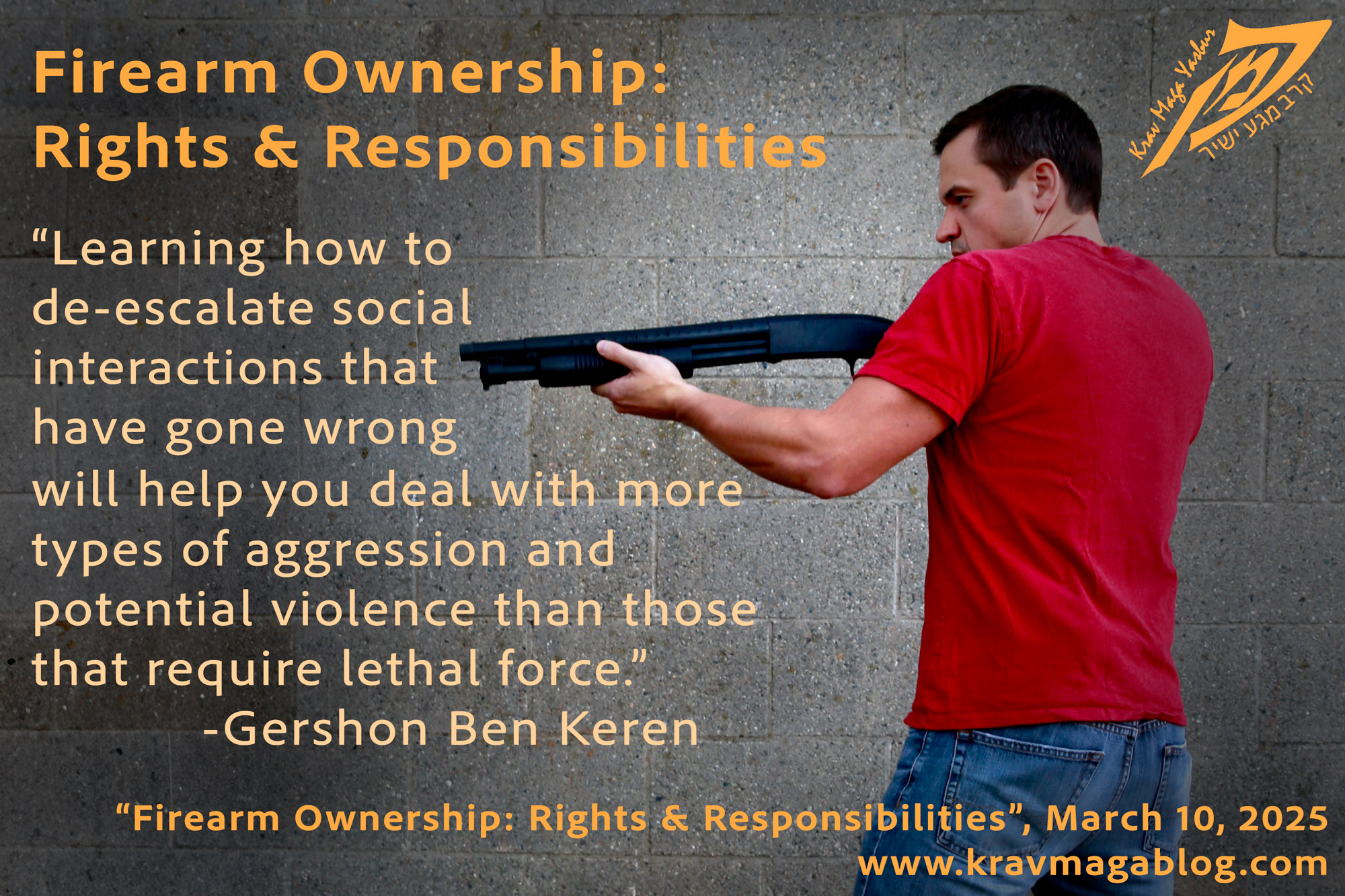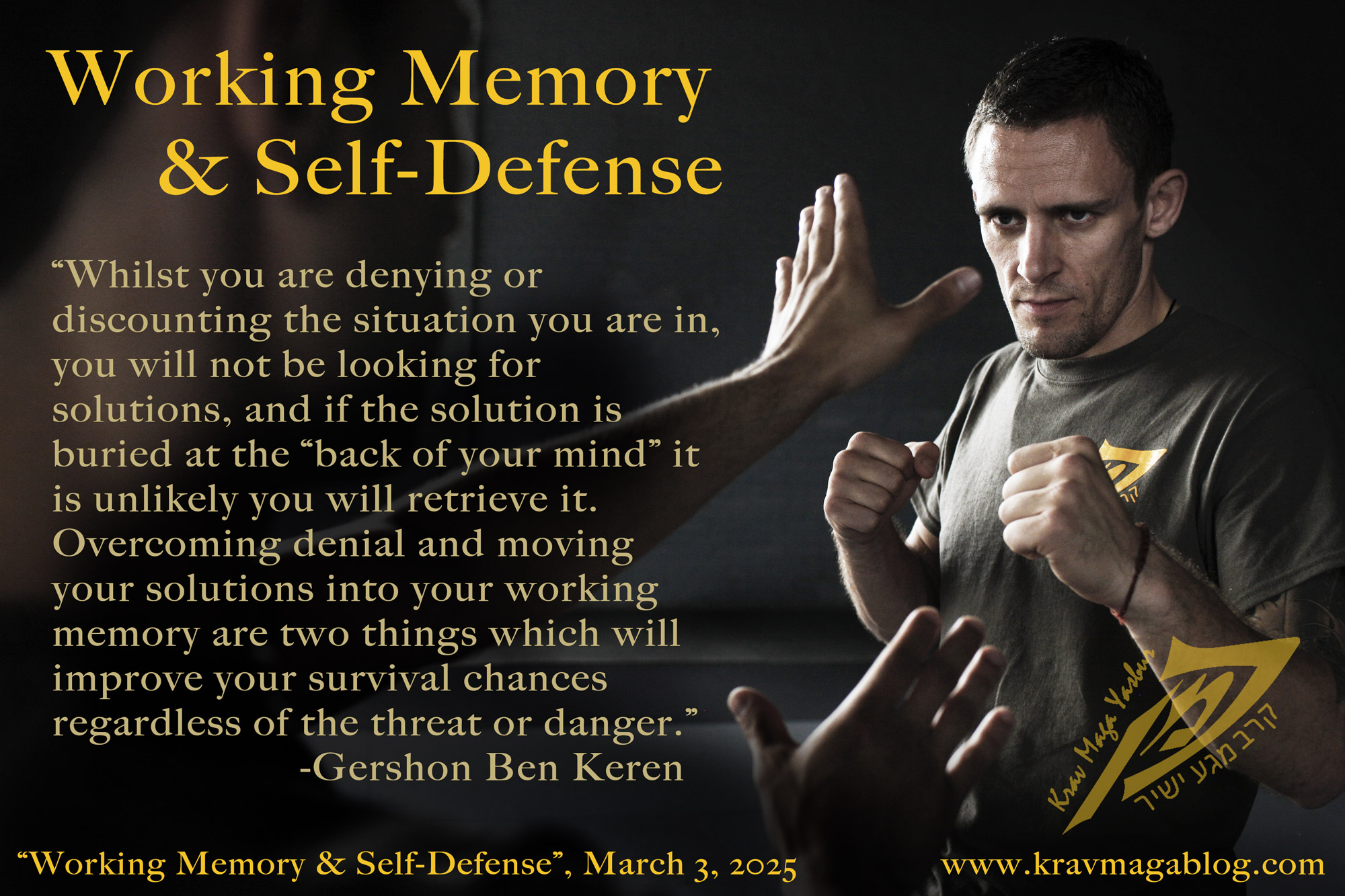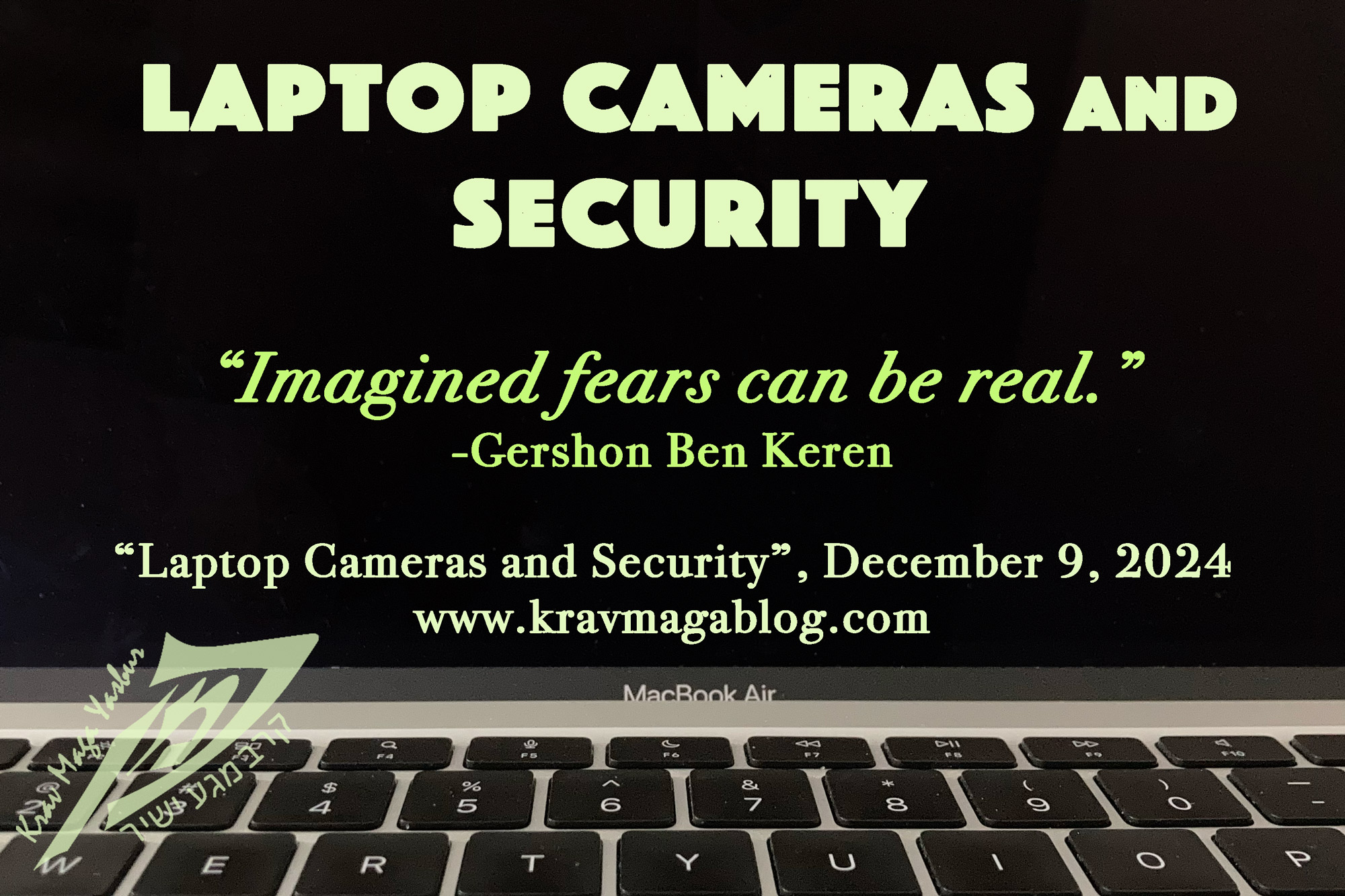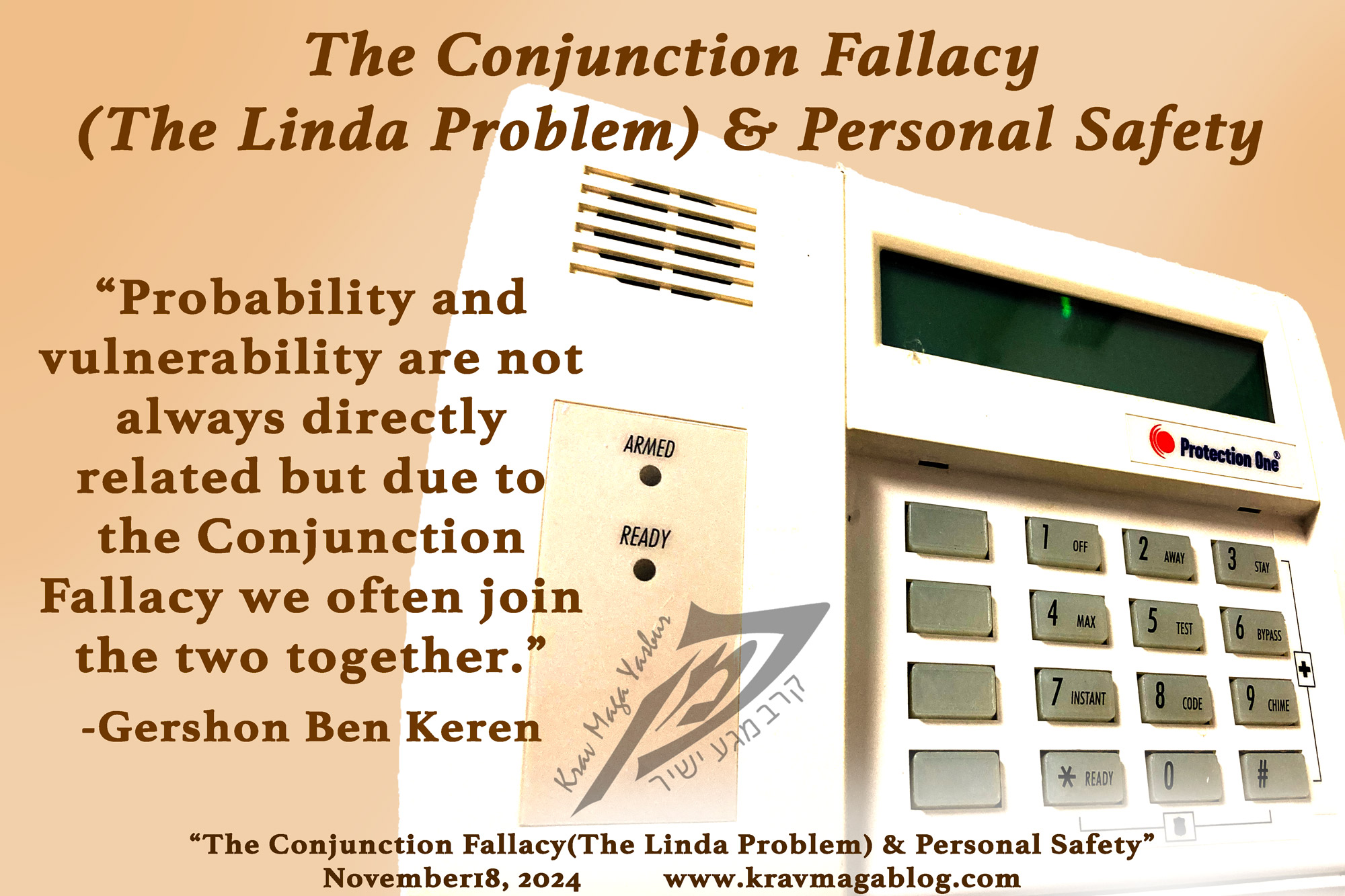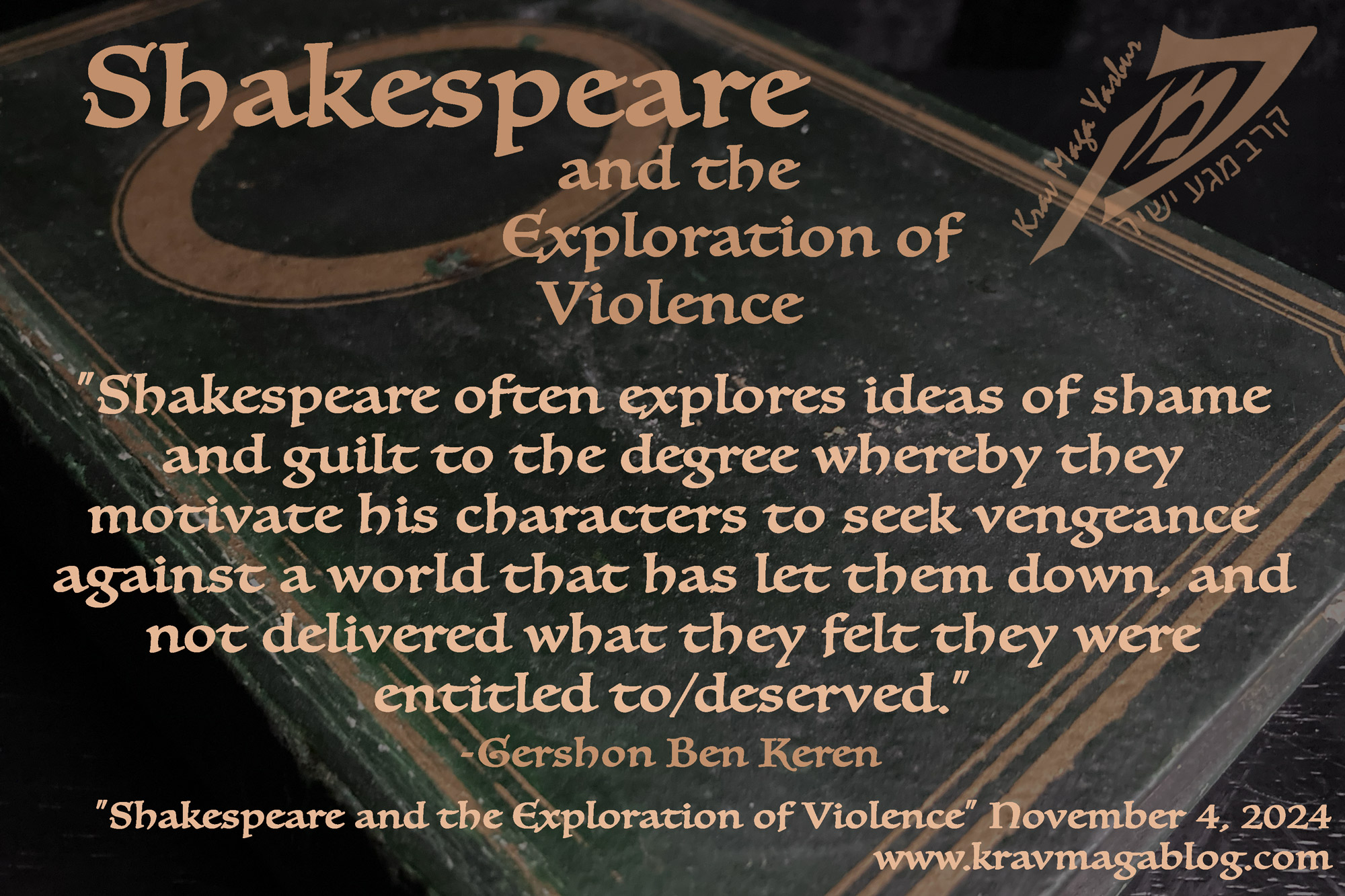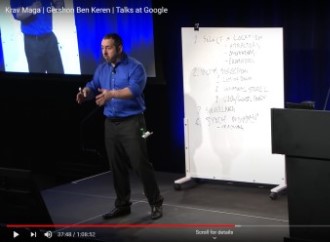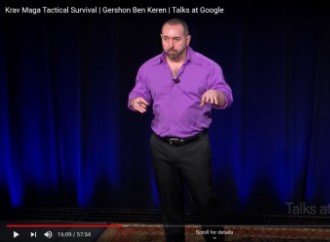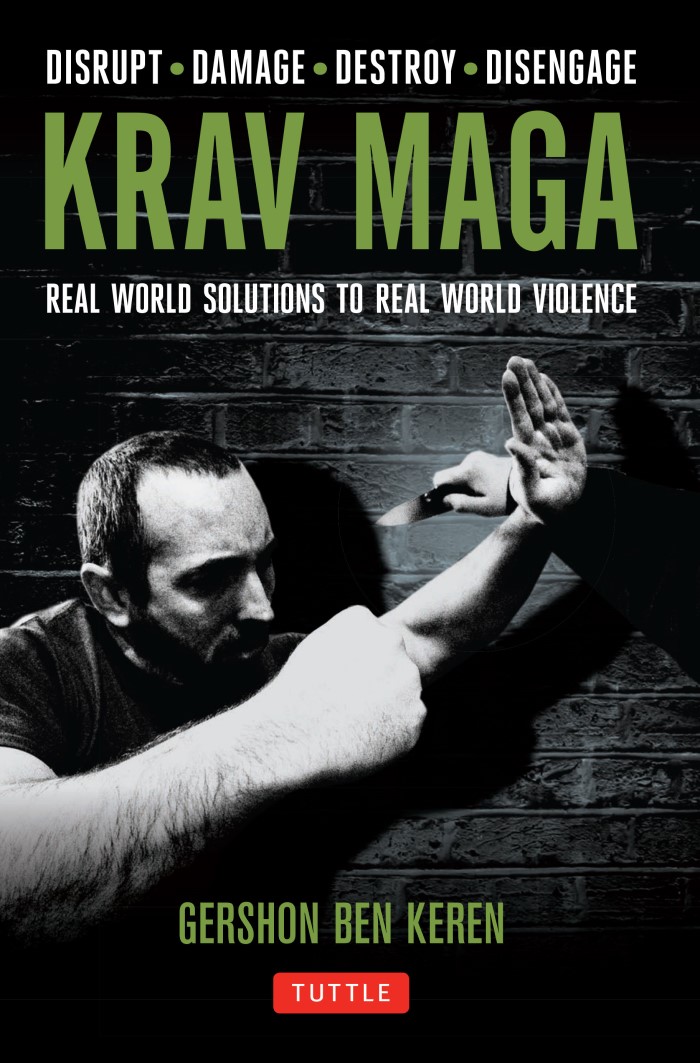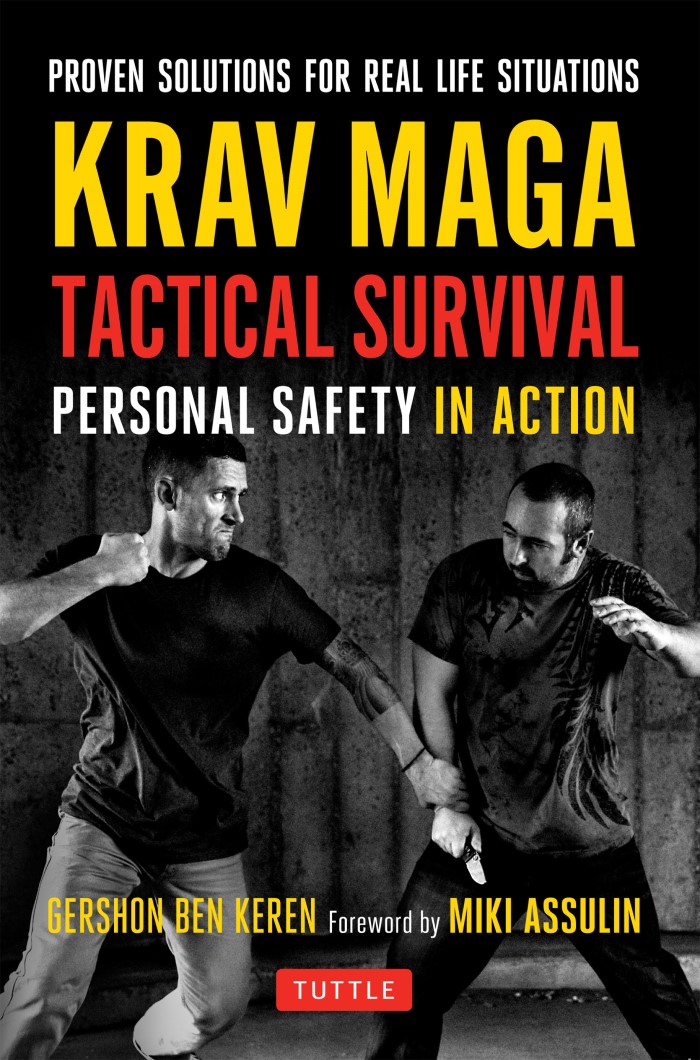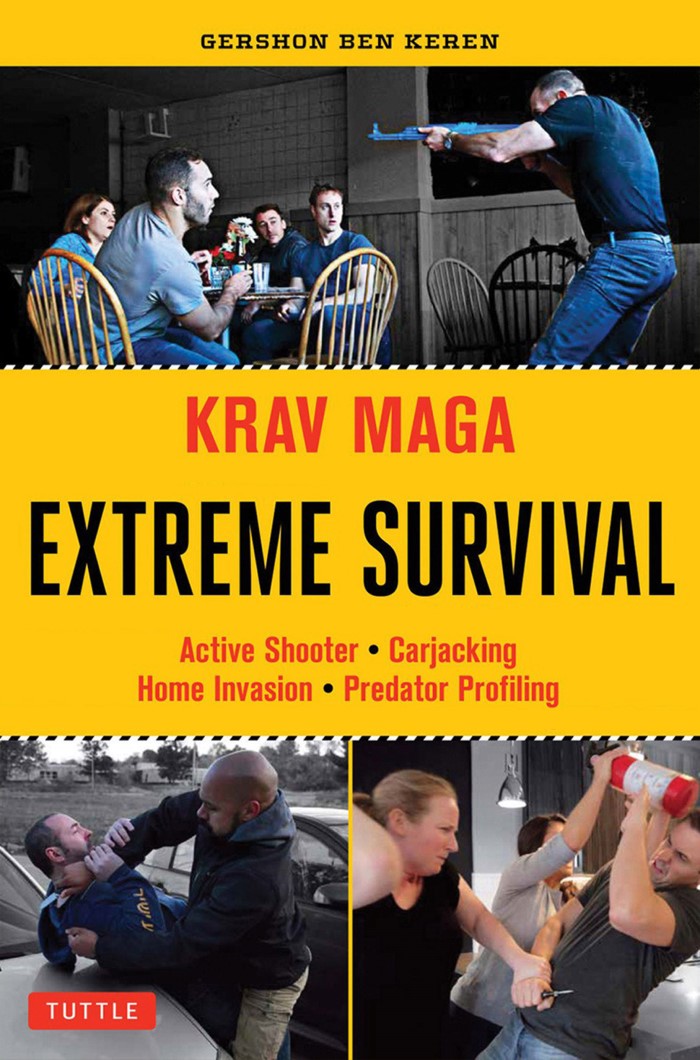Seemingly Unimportant Decisions, is an article written by Gershon Ben Keren, a 5th Degree Black Belt in Krav Maga, who teaches Krav Maga in Boston, MA. He has also authored three Amazon best-Selling Books on Krav Maga.
A key aspect in preventing persistent offenders from re-offending is the idea of “seemingly unimportant decisions”. These are choices that non-offenders can make without the risk of consequence, which would likely result in an offender with a history of behaving in a certain way re-offending. For example, most people can go to a bar or pub and watch a sports match without becoming physically violent, however someone who has a propensity to become violent in emotionally charged situations, is more likely to react and respond badly in such an environment e.g., if someone accidentally knocks into them as they are cheering on a team, in that emotionally charged moment, they may interpret the action as a threat/challenge, and so respond violently. However, we all make seemingly unimportant decisions that can result in ourselves being exposed to threats and danger. In this article I want to look at why we are sometimes blind to the inherent risks in decisions we make. This links to the article I wrote, on Richard Felson’s “Potato Chip Principle”; the idea that you may only think you are going to have one potato chip, but in fact eating one leads to eating another, which leads to another, and so on etc. In this article I want to look at why we initially make these seemingly unimportant decisions, knowing that they may lead to others, that eventually put us in danger.
Human beings like to work with heuristics i.e., simple rules of thumb, that help us make quick and speedy decisions. A heuristic allows us to quickly evaluate a situation, without having to engage in a detailed deliberation process, which can be a good thing e.g., you pick up on someone’s fast moving footsteps behind you as you are walking, and you quickly start to quicken your pace. You haven’t engaged in a full-on and detailed threat analysis, weighing up all the possibilities etc., but you have used a rule of thumb that states, someone who is moving fast behind you is a potential threat to your safety. However, our heuristics aren’t perfect, as our most dramatic and accessible memories affect them e.g., if you recently saw a documentary on shark attacks, and are going to the beach – one that does not meet the general conditions for shark attacks – it is likely that you will overestimate the risk of a shark attacking you if you go in the water. In some ways this is good, in that it is making you consider the possibility of a danger, but in another way, it is not, because it is taking away some of your enjoyment of being at the beach. One heuristic that works in the opposite direction, potentially putting us at more risk is the fact that we associate important decisions with difficulty, and easy decisions as being largely inconsequential. If you are looking for a new job, have attended a number of interviews, and are considering a number/variety of job offers, you will probably see your selection of the “right” job as an important decision, and unless there is a very obvious choice – higher salary, shorter commute time, more flexible work schedule etc. – you will probably engage in more complex decision-making process. Conversely, if reaching a decision, over something seems difficult, the inference is often that it is important and significant, when this may not actually be the case e.g., I have been in group situations, where choosing where to eat became a very complex decision to reach and took on an importance that the eventual outcome really didn’t deserve. In the same way, we may inherently associate simple choices as being unimportant ones. If a friend calls you up and invites you out for a drink on a Saturday afternoon when you’re not doing anything, it’s a fairly simple decision that you have to make, and one that you probably don’t see as an important or consequential one. However, this may not be the case e.g., you may not have considered that it’s a match day, with a rival team and its fans which have a history of violence, visiting your town/city,.
When making decisions and considering risk, the simplicity or difficulty of the decision-making process, should not blind us to the potential consequences and importance of the outcome. Seemingly unimportant decisions, that are easy to make, may have major consequences and put us in danger. Video footage of the 2004 Tsunami, that hit Thailand, captured crowds of tourists on the beach at Panang, laughing and continuing with their beach holiday as the waves started to come in. Whilst some had left the beach when the sea initially receded, many hadn’t. It was a simple choice people had to make, leave the beach, or continue with their vacation etc. Some people though engaged in more deliberation and left. Some may have decided that an unknown and unexpected phenomenon was likely to signal danger; this is an example of an “anchoring” heuristic, whereby we use something we know to judge how different or similar something is e.g., a beach setting, should have a predictable shoreline, not one that suddenly recedes beyond sight. Other people may have engaged in a more complex set of decision making and worked out that if all the water had moved away, it was going to come back at some point, and it might do this all at once. The decision to continue with a day at the beach may have seemed unimportant but it was one that had serious and deadly consequences.
I am not suggesting that we spend our time “overthinking” things, and/or imagine and construct unlikely scenarios. However, sometimes it is worth hesitating over what seems like a simple decision, rather than infer from its lack of complexity that it is unimportant and lacks consequences. Neither should we, due to social anxiety and awkwardness etc., feel that once an initial decision has been reached, we can’t reverse it.
0 COMMENTS